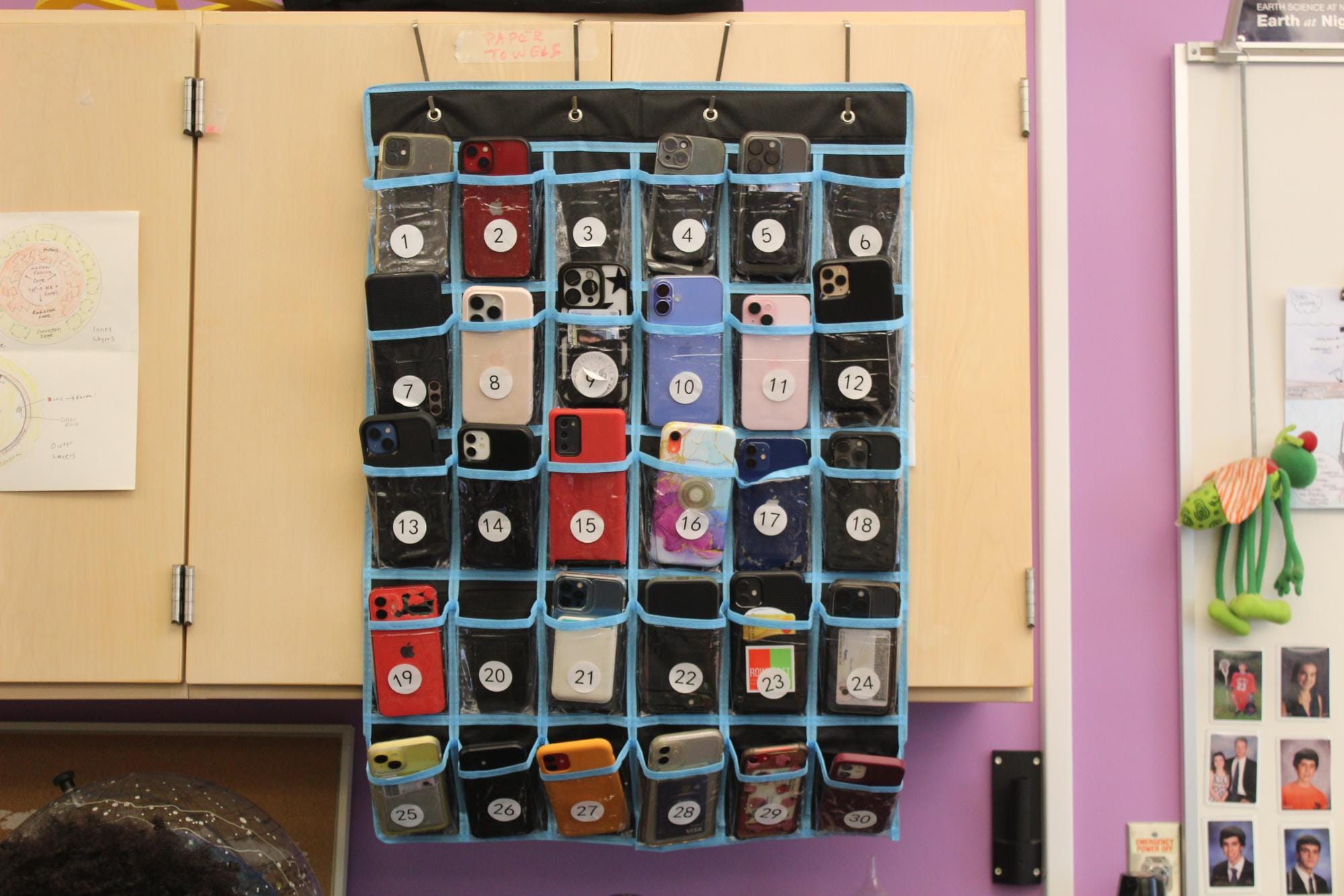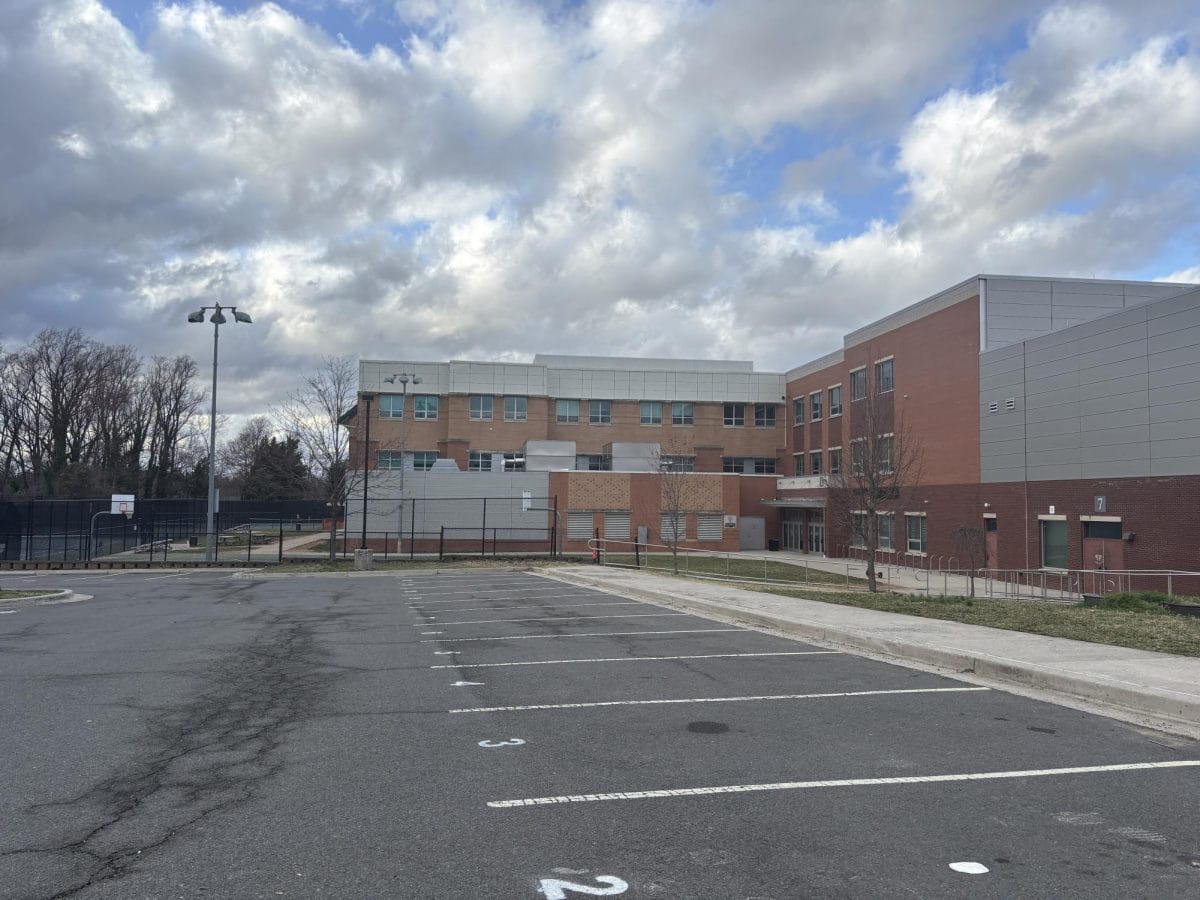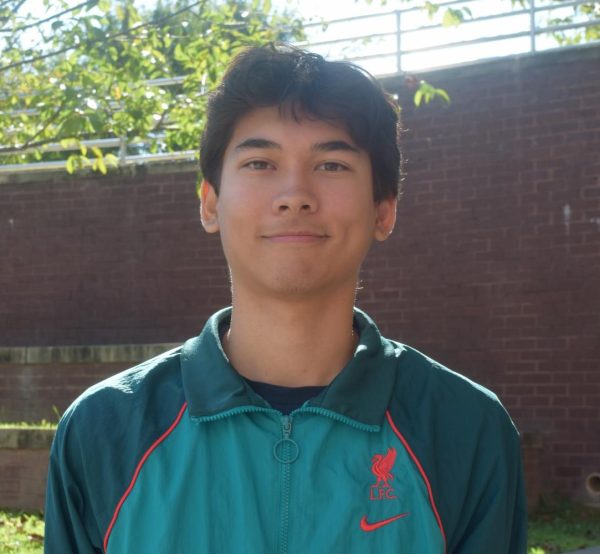Since last year, our school has had an “off-and-away” policy where students are not allowed to have their phones out during class. This falls in line with the Arlington Public Schools (APS) policy, which was introduced this year. However, things could be changing: On July 9, 2024, Virginia governor Glenn Youngkin issued Executive Order 33. This means that starting January 1, 2025, phones could be prohibited fully, including in the halls and during passing periods.
APS has held internal discussions as to whether this policy will be implemented in Arlington. A full elimination of phone privileges in schools would be a mistake. The enforcement of policies is scattered, an important safety aspect is ignored, and important student independence is hindered.
On Implementation
One of the most glaring issues is the variation in how teachers implement phone policies. Some teachers force students to put their phones in pouches or boxes. In other classes, teachers turn a blind eye.
As the school year progresses, some teachers get fatigued of enforcing the policy, and the classroom reverts to its original level of phone use. These different levels of enforcement undermine the goal of this policy, which was to limit distractions in the classroom and boost engagement, according to APS.
The Cell Phone Storage Pilot Program is currently being run in four APS schools, and it also has drawbacks. The students in H-B Woodlawn Secondary School, Jefferson Middle School, Swanson Middle School, and Wakefield High School are required to put their phones in Yondr pouches at the beginning of the day and will not be able to access them until the end of the day.
Yondr, the company behind the pouches, has been developing its product in schools since 2014. The pouches can only be opened by special magnets. Despite the phones being seemingly impossible to unlock, a quick Google search of “How to open your Yondr pouch” yields numerous results that do not require the magnet.
There are clear failures to current implementation that need to be sorted before any widespread implementation.
On Safety
Implementation is not the only flaw of the phone policy. In reality, students need to be able to contact their parents. The current APS stance is that in the event of an emergency, students can get in touch via their teachers. This falls short in multiple ways.
Lockdowns are a sad reality of modern education. Just last year, our school was forced to secure the building. Three years ago, it went into full lockdown for multiple hours. Unfortunately, it could be any day where another situation occurs.
Most classes at our school are filled with 20-plus students. Emergencies are not time-permitting enough for each student to have to go through the teacher one by one as parents worry at home.
Another reality of emergencies is that students may be in the hallways. If students are forced to put their phones in pouches when they leave the room, they could be stranded in the hall during a situation and end up in an unfamiliar place without their phone. This reality should fully rule out Yondr pouches as an option.
Although not as serious as a situation warranting a lockdown, just this year, students had to evacuate the building at our school due to a gas leak. If a student was in the halls without their phone, it could lead to a confusing and avoidable situation.
There is a simple solution to these problems: phone boxes at tables. Teachers should have boxes at individual tables and desk groups where students can store their phones during class periods. When they leave the room, they can bring their phones with them. If the teacher needs the students to access their phones for educational purposes, they can be easily accessed. At the same time, the phones are off and away.
On Independence
Students do not need to be babied by APS. In school, students need to be able to hold themselves accountable. They are responsible for keeping up with their own work and preparing for their own exams. They are aware that if they fail to do this, their grades will suffer. This is accountability.
There will always be workarounds to policies. There are endless ways for students to distract themselves on computers. Our school has tried to address this by giving screen viewing privileges to teachers, but the utilization of this system is nonexistent. Plus, as mentioned earlier, there will always be ways to work around rules. No policy will ever be flawless. By trying to continue to expand their control, APS will simply prompt more creativity in workarounds.
Students themselves need to be aware that phone use is hindering their education. In less than a year, many students will be in college, where they won’t be coddled. They need to learn habits now, rather than being treated like kids.
In sum, the cell phone policy falls short. APS needs to consider more basic implementation strategies before adopting widespread legislation.









































